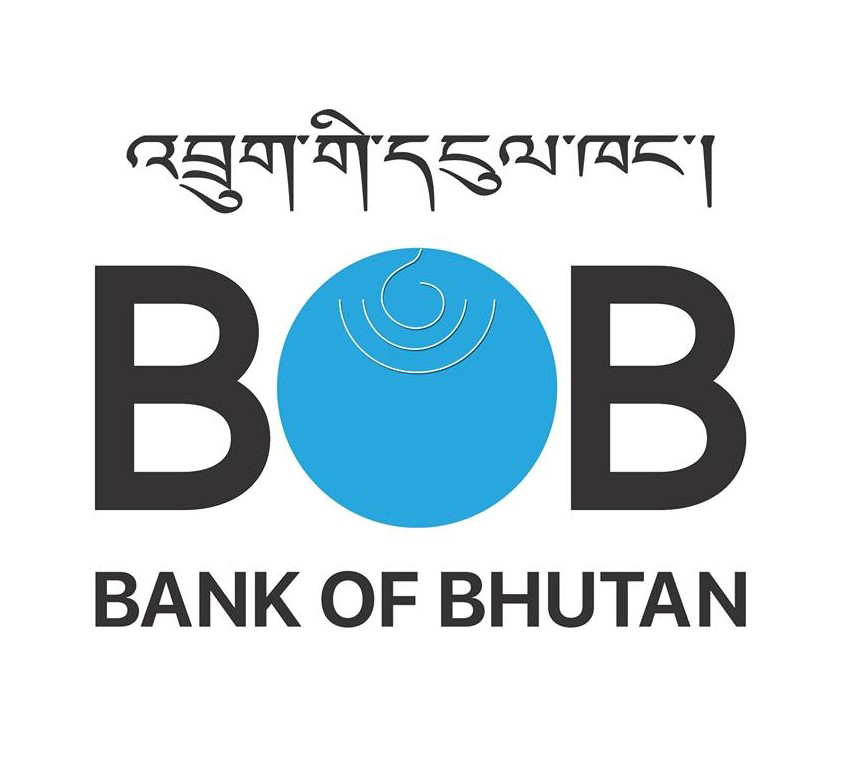Activities
Top Things to Do
Social Events
Welcome Dinner
Date: 15th September 2025
Time: 6:30 PM
Venue: Plenary Hall, Dungkar Dzong, Paro
The Traditional Performance

The Traditional Performing Arts and Music Division was formally established under the command of His Majesty the Third Druk Gyalpo Jigme Dorji Wangchuck in 1954 with ultimate objectives to preserve and promote the traditional performing arts (folk songs, music and mask dances). Since then, the division has been playing a pivotal role in safeguarding the intangible cultural heritage. The academy actively participates in national celebrations and international cultural exchange events.
Farewell Dinner
Date: 16th September 2025
Time: 6:30 PM
Venue: Plenary Hall, Dungkar Dzong, Paro
Performance by Misty Terrace

Bhutanese Musical Band Misty Terrace is a contemporary musical band from Bhutan known for its unique fusion of traditional Bhutanese sounds with modern genres such as rock, pop, and folk. Drawing inspiration from the country’s serene landscapes and rich cultural heritage, the band weaves poetic lyrics with soulful melodies to create a sound that resonates deeply with both local and international audiences. With a growing presence in the Bhutanese music scene, Misty Terrace is celebrated for their heartfelt performances and their role in bringing a fresh, yet culturally grounded, musical voice to the region.
Onsite Activities
Astrology
In Bhutan, astrology—known locally as rtsis—plays a significant role in daily life and cultural practices, deeply rooted in Tibetan Buddhist traditions. Bhutanese astrology combines elements of Tibetan, Chinese, and Indian systems, and is used to determine auspicious dates for major life events such as births, marriages, construction, and travel. Monastic astrologers, often trained in institutions like the Pangrizampa College of Astrology near Thimphu, provide guidance based on lunar calendars, birth charts, and elemental cycles. Astrology is also closely tied to spiritual beliefs, with many Bhutanese consulting astrologers to harmonize their lives with cosmic and karmic forces. Despite modernization, astrology in Bhutan remains a respected and influential practice, reflecting the country’s commitment to preserving its spiritual heritage.
Meditation
Meditation holds a central place in Bhutanese spiritual life, closely intertwined with the country’s deep-rooted Buddhist traditions. Influenced by Vajrayana Buddhism, meditation in Bhutan is not only a personal practice but also a communal and cultural expression of devotion and inner transformation. Many Bhutanese, including monks, nuns, and laypeople, engage in various forms of meditation—from mindfulness and breathing techniques to more advanced tantric practices. Sacred sites such as the Tiger’s Nest Monastery (Paro Taktsang) serve as retreats for intensive meditation, attracting both local practitioners and international pilgrims. Meditation is seen as a path to accumulating merit, purifying negative karma, and ultimately achieving enlightenment. In Bhutan, where Gross National Happiness emphasizes spiritual well-being, meditation is valued not just as a religious activity, but as a cornerstone of a balanced and meaningful life.
Traditional Medicine
Traditional medicine, often rooted in centuries-old knowledge systems, encompasses a range of practices used to maintain health and treat illness based on cultural beliefs and natural remedies. These systems—such as Traditional Chinese Medicine, Ayurveda from India, and Sowa Rigpa (Tibetan Medicine)—utilize herbs, minerals, animal products, manual therapies, and spiritual healing to restore balance in the body and mind. Unlike modern biomedicine, traditional medicine often takes a holistic approach, emphasizing harmony between the individual, their environment, and cosmic forces. While some traditional remedies have been scientifically validated, others remain untested but continue to be widely used, particularly in Asia, Africa, and indigenous communities worldwide. Globally, traditional medicine is gaining renewed interest as people seek complementary and alternative options for healthcare, prompting efforts to integrate it more formally into national health systems.
Local Products and Souvenirs
A variety of stalls featuring locally made products will be available for participants to explore throughout the event. These stalls will showcase traditional Bhutanese handicrafts, handwoven textiles, artisanal goods, organic food items, and culturally significant souvenirs, offering a unique opportunity to experience the richness of Bhutanese culture. Participants, during their free time, they can engage with local vendors, learn about traditional craftsmanship, and purchase meaningful items. This initiative not only enhances the cultural experience of the event but also supports local communities and promotes sustainable, small-scale enterprises.
